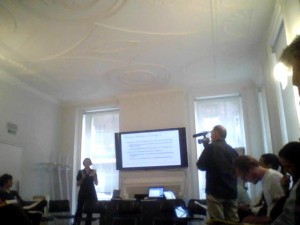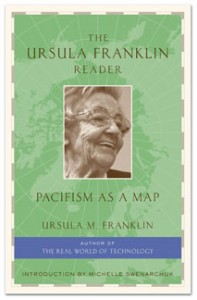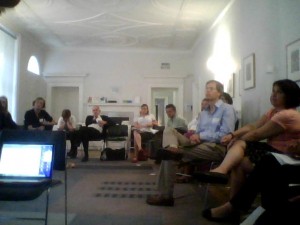Some additional notes:
Six mindsets in engineering Positivism and the myth of objectivity Commitment to problem solving Desire to help and Persistence Centrality of Military/Corporate Organizations Narrow technical focus and lack of other skills U
ncritical Acceptance of Authority
Our group focused on Mindset 5 and 6. Some comments:
Caroline: I’m uncomfortable with the assumption with engineers only having a narrow technical
Jen: How can we help engineering faculty understand the own privilege (if they are stuck in a narrow mindset)?
Darko: My wife’s social group organises a role play/work shop called “Poverty challenge” with local … where they have to deal with social security etc.
Caroline: EWB Oz also use role-plays and we tried one in my class and I was grateful to regain my power as teacher. [So very powerful]
Ellie: Making the connections visible important. Adapt role-plays etc to persons and context. Exploring one’s own privilege is uncomfortable. Take a role easier.
Usman: If not “real”/personal then likely not really change how people think. For example, make people realise that they might be rich due to the existence of poor people.
Katy: Use a light point questionnaire (multiple choice) to let people score themselves to potentially make them see their own blind spots.
Darko and Ellie expanded on this.




